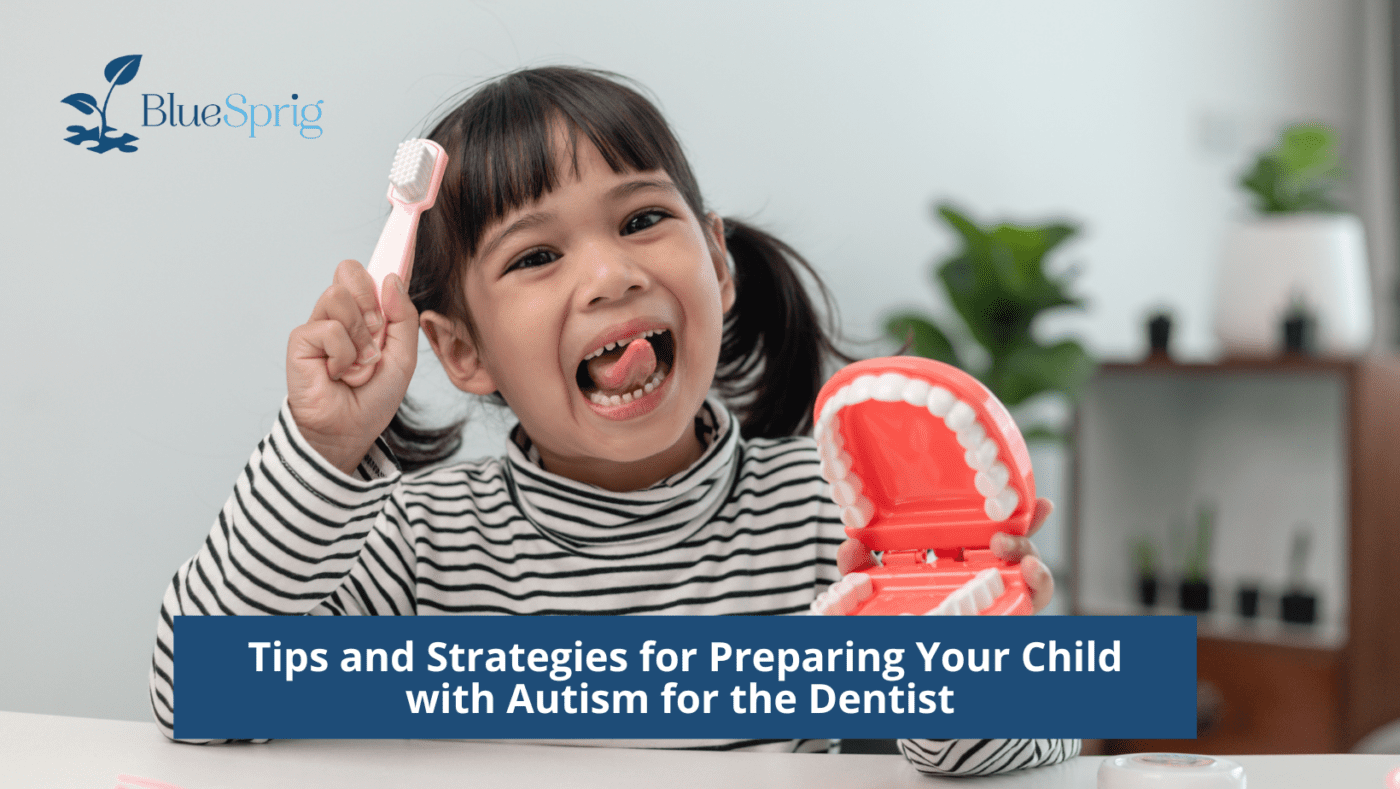Taking your child to the dentist can be a challenging experience, especially if they have autism.
As a parent, you want to ensure that your child receives the best dental care possible, but finding a dentist who is understanding and equipped to meet the needs of children with autism can be difficult. However, with some preparation and the right approach, a trip to the dentist can be a positive experience for your child. In this blog post, we will discuss five tips for preparing your child with autism for the dentist, including how to find an autism-friendly dentist who specializes in special needs dentistry.
Understanding Autism and Dentist’s Visits: Challenges and Necessities
When it comes to children with autism, dental visits can pose unique challenges. Sensory sensitivities, difficulty with transitions, and communication difficulties can make the experience overwhelming for both the child and the parent. It is important to understand these challenges to effectively prepare your child for the dentist. BlueSprig provides specialized care for children with autism, and we emphasize the importance of finding a dentist who is knowledgeable and experienced in working with special needs patients. In this section, we will explore the specific challenges that children with autism may face during dental visits.
Top 5 Strategies to Prepare Your Child with Autism for the Dentist Visit
1. Start with visual aids: Use pictures, social stories, or videos to help your child understand what to expect at the dentist. This can reduce anxiety and help them feel more comfortable.
2. Practice at home: Set up a pretend dental visit at home by role-playing with your child. Use a toothbrush and mirror to simulate a dental exam, allowing your child to become familiar with the sensations and routines.
3. Gradual exposure: Start by bringing your child to the dentist’s office for a brief, non-invasive visit. This could include simply meeting the staff, sitting in the waiting room, or taking a tour of the dental office.
4. Communication support: Prepare a communication card or visual schedule to help your child express their needs and understand the steps involved in a dental visit. This can improve their ability to communicate and reduce stress.
5. Find an autism-friendly dentist: Look for a dentist who specializes in special needs dentistry and understands the unique needs of children with autism. They can provide the necessary accommodation and support for a successful dental visit.
Creating a Supportive and Comfortable Experience: The Role of Parents and Dental Staff
Creating a supportive and comfortable experience at the dentist involves the collaborative efforts of both parents and dental staff. Parents can prepare their children for the visit by using strategies like visual aids and gradual exposure. Parents need to communicate their child’s needs and sensitivities to the dental staff. Once they set expectations, staff can then make the necessary accommodations and adjustments to create a positive experience. By working together, parents and dental staff can create a supportive environment that helps alleviate anxiety and ensures a successful dental visit for children with autism.
Post Dental Visit: Reinforcing Positive Experience and Routine Follow-up
After your child’s dental visit, it is important to reinforce the positive experience. Continue supporting them with routine follow-ups to maintain their oral health. Celebrate their success and acknowledge their bravery during the visit. Praise their cooperation and provide rewards or incentives as a way to motivate and encourage good behavior for future visits. Additionally, make sure to schedule regular dental appointments to establish a routine and help your child become more familiar and comfortable with dental visits. Consistency and positive reinforcement can go a long way in ensuring that your child with autism has a positive and successful experience at the dentist.
